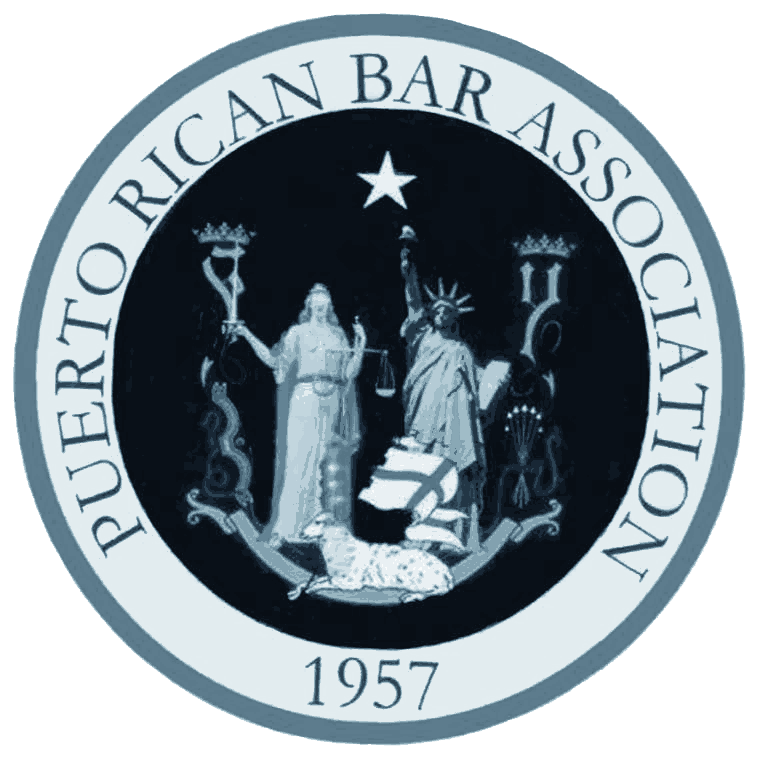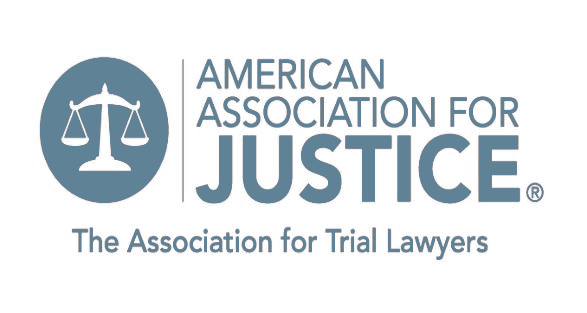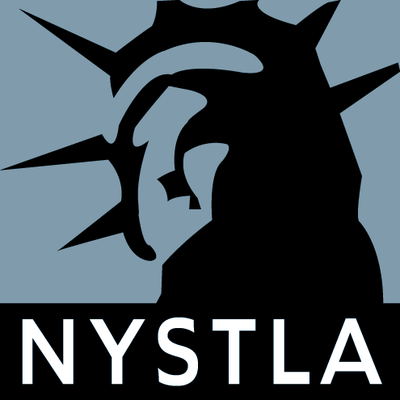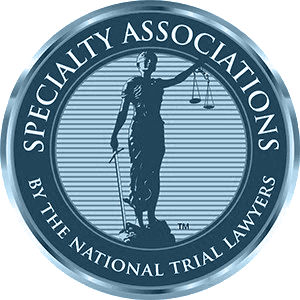Primary Causes of Crane Accidents
There are several primary causes of crane accidents such as the following:

Improper training and supervision: Operating a crane requires specialized skills and knowledge of safety protocols. Insufficient training can lead to errors in judgment, improper load handling, and neglect of safety procedures, increasing the likelihood of accidents. Similarly, inadequate supervision can result in operators taking unnecessary risks or disregarding safety guidelines, putting themselves and others at risk.

Equipment failure or malfunction: Cranes are complex machines with numerous components that must function properly to ensure safe operation. Malfunctions in crucial parts such as hoists, booms, or brakes can lead to catastrophic accidents if not promptly identified and addressed through regular maintenance and inspection protocols.
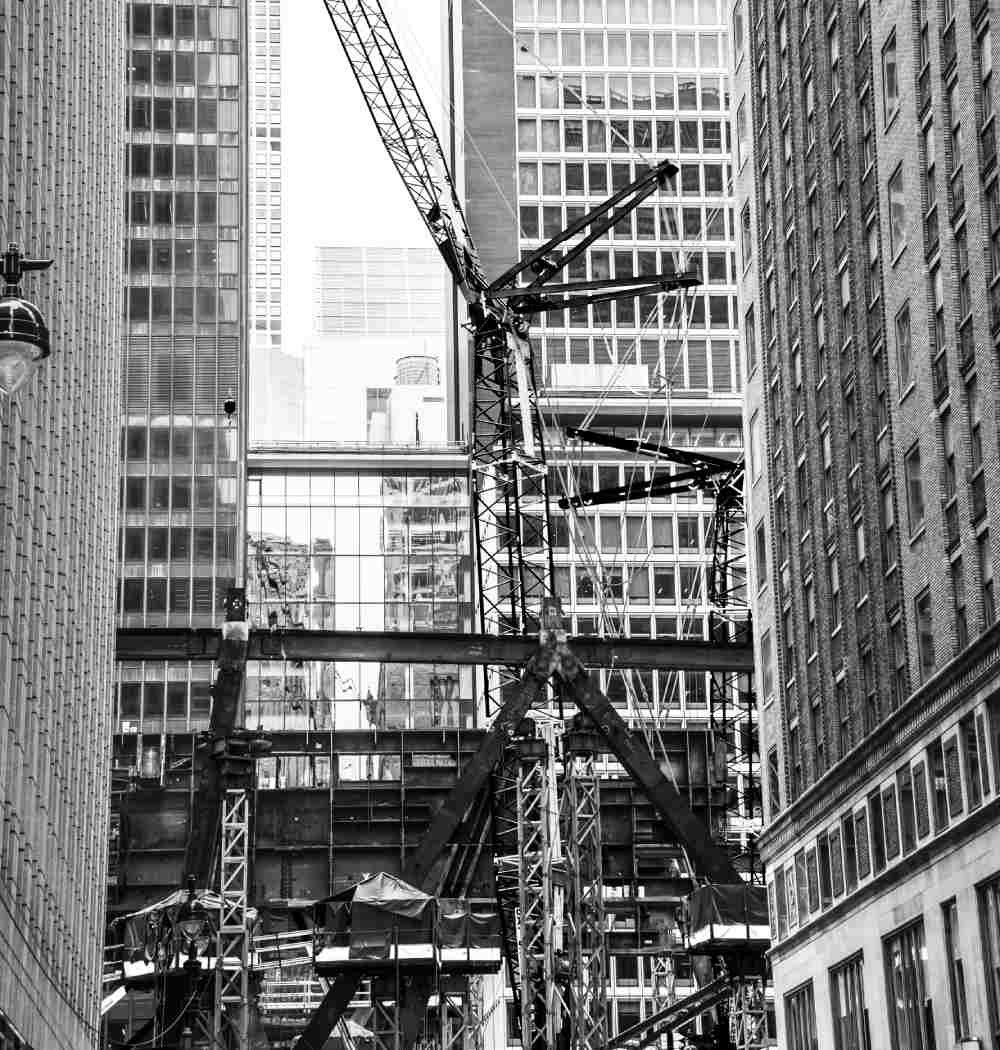

Adverse weather conditions: High winds, rain, snow, or ice can destabilize cranes, causing them to tip over or drop their loads unexpectedly. Proper risk assessment and adherence to weather-related operating guidelines are essential to prevent accidents in such conditions.

Human error: Miscommunication, fatigue, or complacency, can contribute to crane accidents. In a fast-paced work environment, clear communication between crane operators, signal persons, and ground personnel is paramount to ensure safe lifting operations. Fatigue can impair judgment and reaction times, increasing the likelihood of errors. Similarly, complacency can lead to overlooking safety protocols and best practices, resulting in avoidable accidents.


